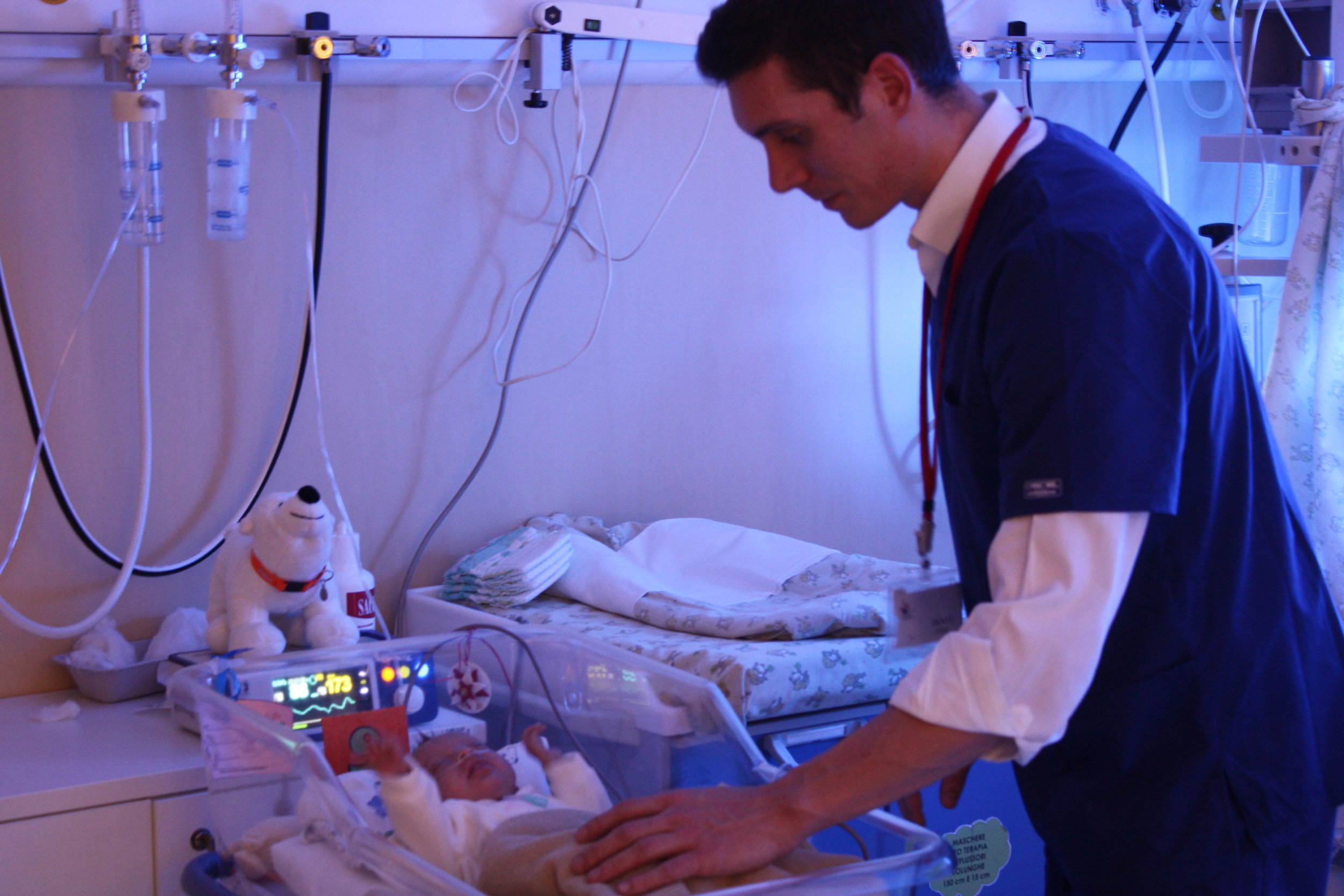
THE GENOTE BLOG
Inspiring, creating and living Health Music
MUSIC, TERM AND PREMATURE BABIES
The beginning of life is often a very stressful experience, even for otherwise healthy babies. Prior to birth, all the infant knows is the warm, safe, and quiet surroundings of being in the womb. The beginning of life brings cold, danger, and noise. All of the noise, particularly the hospital environment, can be detrimental to the newborn receiving the sleep it needs.
Specifically referring to studies conducted in Neonatal Intensive Care Units, we know the importance of sound.
Ås reported by Rich Haridy in New Atlas, on May 29th, 2019, an important study at the University of Geneva, shows that music can help build the brains of premature babies.
At Genote, Health Music is a valuable resource for reducing stress and increasing stability in newborn children. The existing research did not make clear what types of music would be best for this purpose.
Sixteen newborns were exposed to the Genote Sleep Music Protocol for thirty minutes twice per day. Their heart rate, blood oxygenation, pain scale, and behavioral states were measured within a half hour of exposure to the music.
The majority of the newborns showed improvement in their capacity to self-soothe and transition to a more relaxed state. Their sleeping patterns also improved. The positive impact of structured music listening on healthy newborns indicates the need for further study on the impact structured music could have on sick newborns.
Hear some of the new music used at the University of Geneva
See the video from Venice NICU
Music Helps Children During Medical Procedures
Listening to music reduced pain and anxiety, improving medical procedures on children.
Hospitals and dental clinics can terrify children – and for good reason. Pain, discomfort, and anxiety accompany children’s medical experience, but what if their pain could be reduced with music? A study by Dr.Tanja Bekhuis discovered music could make all the difference for children.
Dr. Tanja Bekhuis studied 19 random trials experimenting with music’s effect on children undergoing medical procedures, and her study of all of these trials in context found remarkable results. Listening to music reduced pain and anxiety, improving medical procedures on children in significant ways such as:
- Reducing pain and makes children more manageable and happy
- Decreasing procedure time and length of discomfort
- Reducing need for pain controlling drugs
This study opens up doors for further music exploration. It may be the music was only a distraction, a loud noise to block out strange auditory stimuli, or entertainment to pass the time. But research has verified that music may be more than that. In fact, music may even be fine tuned in order to help children cope with specific symptoms that come with pain and anxiety.
Music’s potential to make a profound impact on the medical community requires strict attention. That’s why music and medicine companies like Genote™ thoroughly study practical musical application to help individuals around the world better heal, sleep, and improve daily life.
We thank the wonderful scientists who conducted all the extensive studies to give us these valuable insights. These findings lay the perfect foundation upon which to build a new generation of music and medicine.
Music can reduce pain – music can do much more.
Learn more about the benefits of music at www.genotelab.com
The Great Balancing Power of Music
When individuals feel down, they naturally turn to music for consolation. This published study may change the way you use music to regulate your mood.
When individuals feel down, they naturally turn to music for consolation. They attempt to drive away their negative feelings with songs expressing their personal mood and situation. But sad music doesn’t necessarily transform a sad person; rather, it can reinforce those emotions and skew perspective through emotional connections. Seeking to understand how music influences emotions, Frontiers in Human Neuroscience published a study that may change the way you use music to regulate your mood.
The medial prefrontal cortex (mPFC) is the portion of the brain associated with regulating emotions. Scientists at Aalto University monitored brain activity in the mPFC to determine the effects of different kinds of music on males and females. The study found when women listened to music as a diversion or distraction from negative feelings there was increased emotional regulation. Conversely, when men used music to reinforce negative emotions, their emotional regulation decreased, suggesting that sad music can help propel a person into a downward emotional spiral, or at least be ineffective and brightening someone’s mood.
In a nutshell, the study suggests that people are using music every day to combat or compliment their emotions, but improper use of music may only amplify their emotional concerns.
Aalto University’s study reinforces the notion that music has a profound influence on individuals’ lives. Music can be extremely beneficial when used in the correct way, but incorrect use can have adverse effects. Understanding music’s potential is just the beginning. That is the community of music and medicine is diving deeper into previously neglected areas of music research to discover how best to utilize music’s valuable capabilities.
With deeper knowledge and understanding of music’s influence on our lives, we can regulate our emotions with cognitive control. To learn more about extensive Genote™ Health Music discoveries, visit http://www.genotelab.com/.













